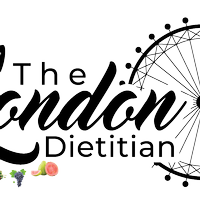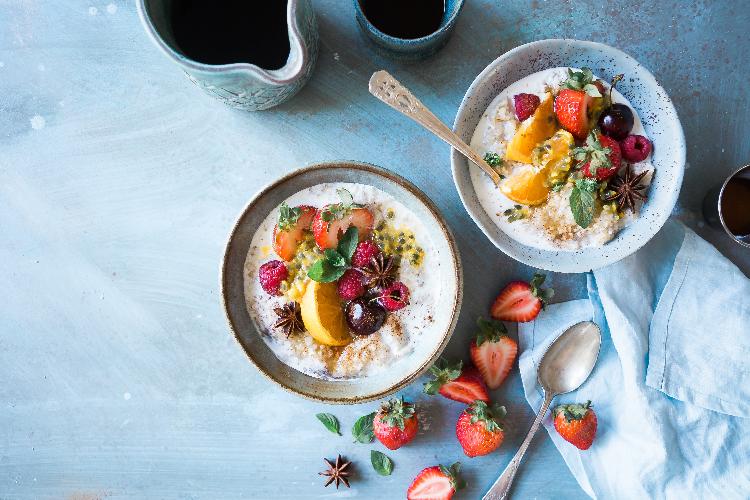There’s so much noise and misinformation in the nutrition space these days, particularly with the rise of health gurus online. This blog is going to bust some of the most common nutrition myths and give you a good dose of old-fashioned scientific evidence!
#1- Coconut oil
Coconut oil is not magic; it has a high percentage of saturated fat (more than 80%) and it has been shown time and time again that the overconsumption of saturated fat in a wholly nutritionally inadequate diet is not so great for our health.
Proponents of coconut oil will argue that the type of saturated fat in it is different to the saturated fats found in butter, lard, fatty cuts of meat, confectionary etc. They would also cite some studies that have shown that coconut oil increases the good cholesterol in your bloods- known as HDL.
So, what is the reality? Whilst it is true that 15% of the sat fat in coconut oil is of a different structure to the saturated fats found in other unhealthy fats such as those listed above, the percentage is so small that it is unlikely to confer any health benefits. In addition, the same studies that showed that coconut oil increases the good cholesterol, also showed that coconut oil raised the blood cholesterol.
So, what is the take home message? The scientific evidence as it stands right now suggests that coconut oil is no better than any other saturated fat and so it should be limited when used in cooking.
#2- Detox diets
Under no circumstances do you ever need to drink a special juice, eat a special food or pop a special pill to ‘detoxify’ or ‘cleanse’ your body. Why? Because you have your kidneys, lungs and liver whose job it is to do precisely just that. If at any point these are not working, then you need hospital treatment, not a marketing gimmick.
In the best-case scenarios, these gimmicks are just a waste of money. In the worst case of scenarios, they can actually cause you harm. Some of these products ‘cleanse’ or ‘detoxify’ your body by using ingredients that cause you to poop or pee more. This can cause derangements of important minerals in your body, dehydration and a dependence on laxatives.
My advice? Stay away from all these products as the only thing they will be cleansing you from is your money.
#3- Superfoods
Superfoods do not exist. Yep, you read that right; they are not a thing. In recent years, kale, quinoa and goji berries amongst many other foods have been touted as a magic bullet to improve health. This term is in fact just a marketing ploy to influence food trends and increase sales.
In essence, no single food works in isolation to exert health benefits even if it is a nutrient dense food. In reality, the overall dietary pattern is what will have the biggest impact on your health. If you are having a diet that is high in ultra-processed food, full of sweets and chocolate, drinking litres of fizzy drink etc, then a handful of berries daily won’t make a difference to your health even if it is a ‘superfood’.
My advice? Stop looking for a miracle food and start looking at your dietary patterns to see how you can make simple, yet effective changes.
#4- Cooking with olive oil
The pervasive myth that olive oil cannot be used for cooking continues to make the rounds. However, this is not supported by any scientific evidence and in fact, recent research supports the use of extra virgin olive oil for dressings, sautéing, roasting and pan frying.
The premise behind this myth is that it was thought that olive oil has a low smoke point and so it is not as stable as other veg oils when used in cooking. However, recent research has shown this not to be true. Olive oil, in particular extra virgin olive oil is very stable when heated to high temperatures, in addition to having a healthier fat profile to other oils. Furthermore, due to the high levels of antioxidants present, it is more resistant to breaking down into harmful compound (known as polar compounds) when heated.
#5- Intolerance blood testing
Blood tests for intolerances are a sham. I’ve lost count of how many times my clients have come to me and told me that they have gotten a blood test which has shown that they are intolerant to many foods. These tests that are widely advertised are testing something called IgG antibodies in your blood. Proponents of these tests will tell you that they show all the foods you are intolerant to and should subsequently avoid.
So, what do they really show? Food that you have recently had to eat. Yep, you read that right. You’ve just spent your hard-earned money to confirm which food you regularly eat.
Since we have established that raised IgG antibodies is actually a normal physiological response to eating food, what do you do if you suspect you have an intolerance to something but can’t put your finger on it? The gold-standard is an elimination test and working with a registered dietitian who will fine-comb your diet to help you figure out the culprit.
And there you have the top 5 nutrition myths busted! Wanting to improve your diet but unable to differentiate between fact and fiction? Book yourself in for a free discovery call to find out how I can help you get solid nutrition advice, backed by science.

